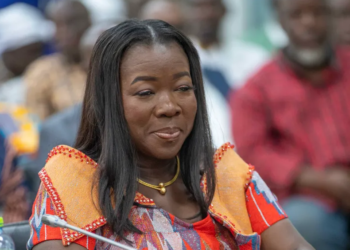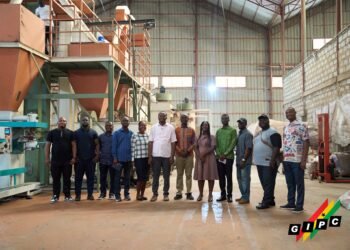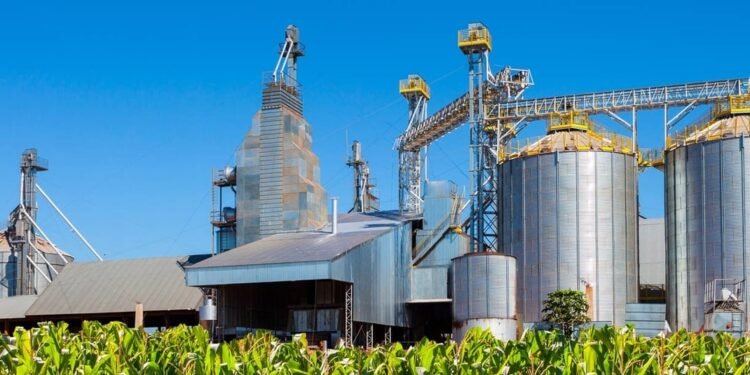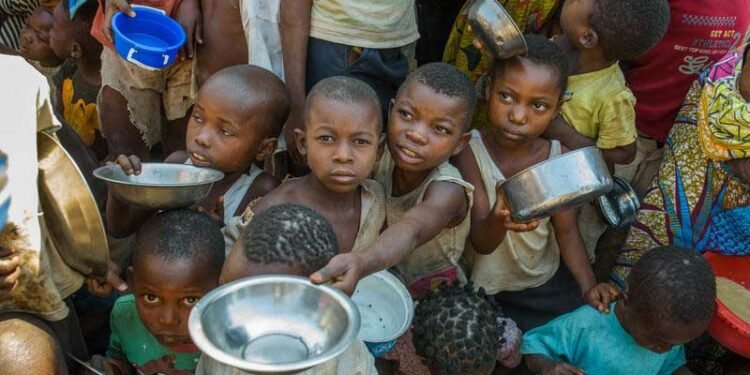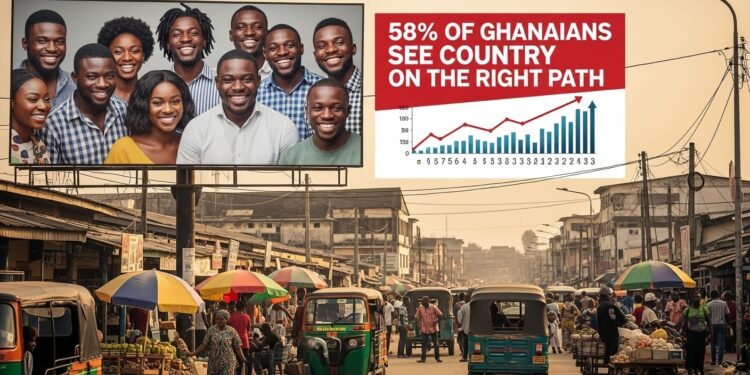David Ofosu-Dorte, the Senior Partner at AB and David Africa, has urged Ghanaian Small, Medium Enterprises to focus on upgrading their products rather than focusing on mass production to boost their demands in other countries.
As part of Ghana’s contribution in the manufacturing sector in the ongoing African Continental Free Trade Area (AfCFTA), Mr. Ofosu-Dorte advised there must be a clear distinction between the quality and quantity of products, further urging business owners to prioritize upgrading.
“We often confuse upscaling with upgrading, and this is especially for those who either want to increase their productivity or are creating products which are already popular. Once you focus a lot more on upgrading, you get two effects.
“You get the SMEs to produce at a quality, and you aggregate them. If we did this upgrading I’m talking about, a lot of roles will emerge for aggregators in various sectors who can aggregate these products for the big manufacturers. That way, you can take advantage of the 1.27 billion people in Africa”.
Additionally, Mr. Ofosu-Dorte, noted that aggregating will not only lead to standardization in quality levels but also support young entrepreneurs looking at exporting but lack the capacity to individually meet the demand on their own.
“I know young people who produce Afrocentric t-shirts and export all over the world. In fact, if you go to Southern Africa, our kente is in very high demand. So young people are already doing that. What we need to help them with is scale and that’s the point I was making. Scale is only arrived at through aggregation because these young people don’t have the resources to be able to upscale. If we simply brought these people together, and we help aggregate, we can let them meet big markets and once they move up the scale, they can decide whether they want to expand or not”.
Weforum has revealed that, one of the economic areas billed to benefit from the trade deal is the manufacturing industry of ratified nations.
Manufactured goods, according to weforum, represented 43% of intra-Africa exports during 2012-2016, while only representing 20% of exports to the rest of the world. Medium and high technology manufactures represented 25.4% of intra-African trade in 2015, but only accounted for 14.1% of Africa’s exports to developed countries and 13.7% of the continent’s exports to the world.
“As such, countries with large manufacturing bases and enabling physical and industrial infrastructure, such as South Africa, Kenya, Egypt, Morocco, and Ethiopia are in a better position to gain the expected benefits of the CFTA”
The top exporting nations to the rest of Africa in 2016 included South Africa which accounted for 34.4 percent of intra-Africa trade, Nigeria at the time in 2016 accounted for 7.2 percent of intra-Africa trade, while Côte d’Ivoire, Egypt and Ghana accounted for 5.4 percent, 5.1 percent and 3.7 percent respectively.
Even though African exports to the world are undiversified and mostly composed of raw materials, Intra-Africa exports (exports between African countries) contain more value-added products.





